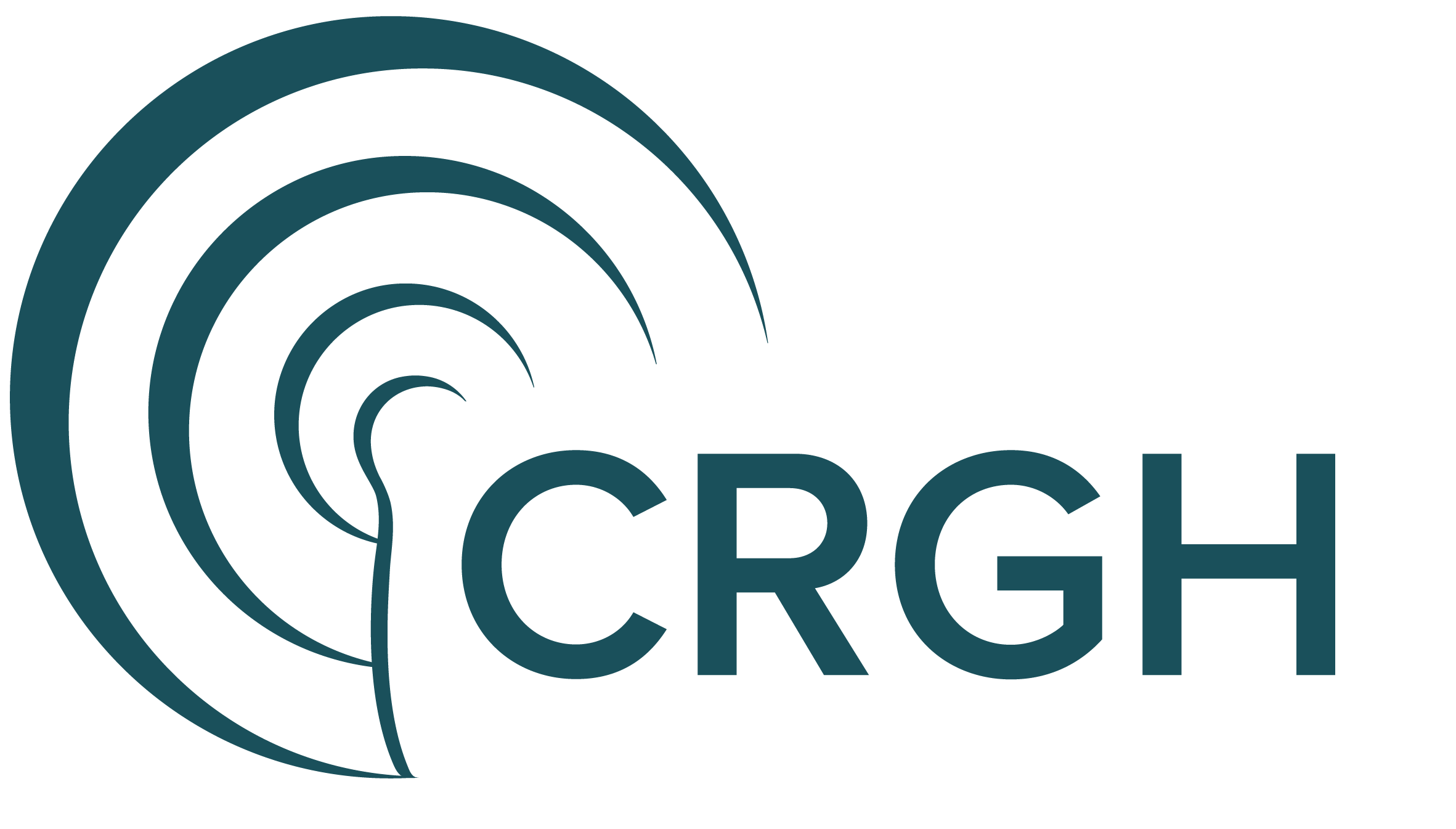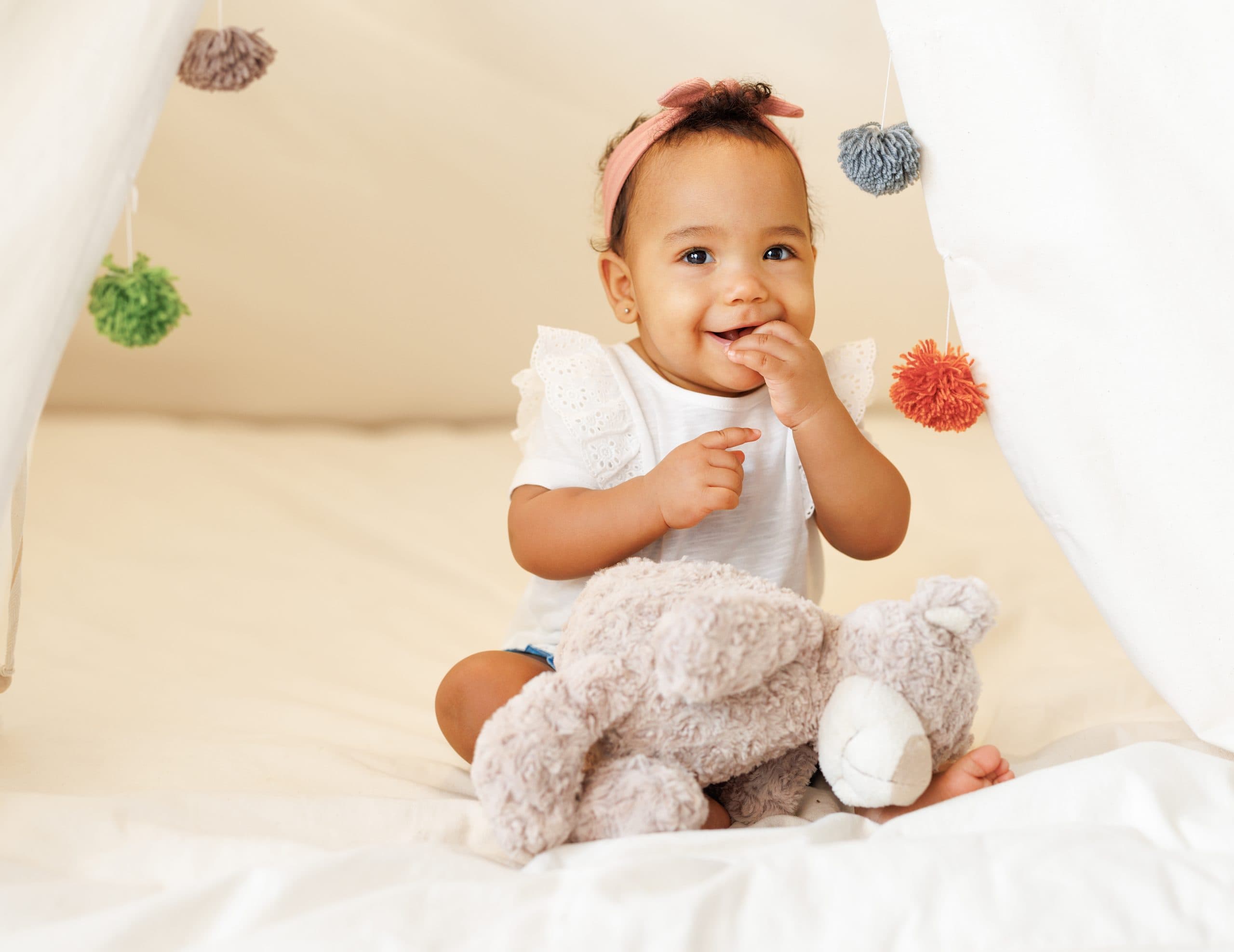Private, UK-Based Donor Egg Bank
If you decide to use donor eggs to build or expand your family, the specialist team at the Centre for Reproductive and Genetic Health (CRGH) can help you match with the perfect donor. Our fertility investigations and treatments contribute to our outstanding success rates in IVF using donor eggs.
There are two pathways to apply for donor eggs with CRGH, and you can choose to follow one or both, depending on your eligibility and your consultant’s recommendations. Whatever pathway you choose, all communication will be through CRGH, ensuring you have a single point of contact and source of information throughout the process.
We also offer a ‘blastocyst guarantee’ to most recipients of donor eggs, meaning that if the process does not create one usable embryo for transfer, then we will cover the cost of another donor.
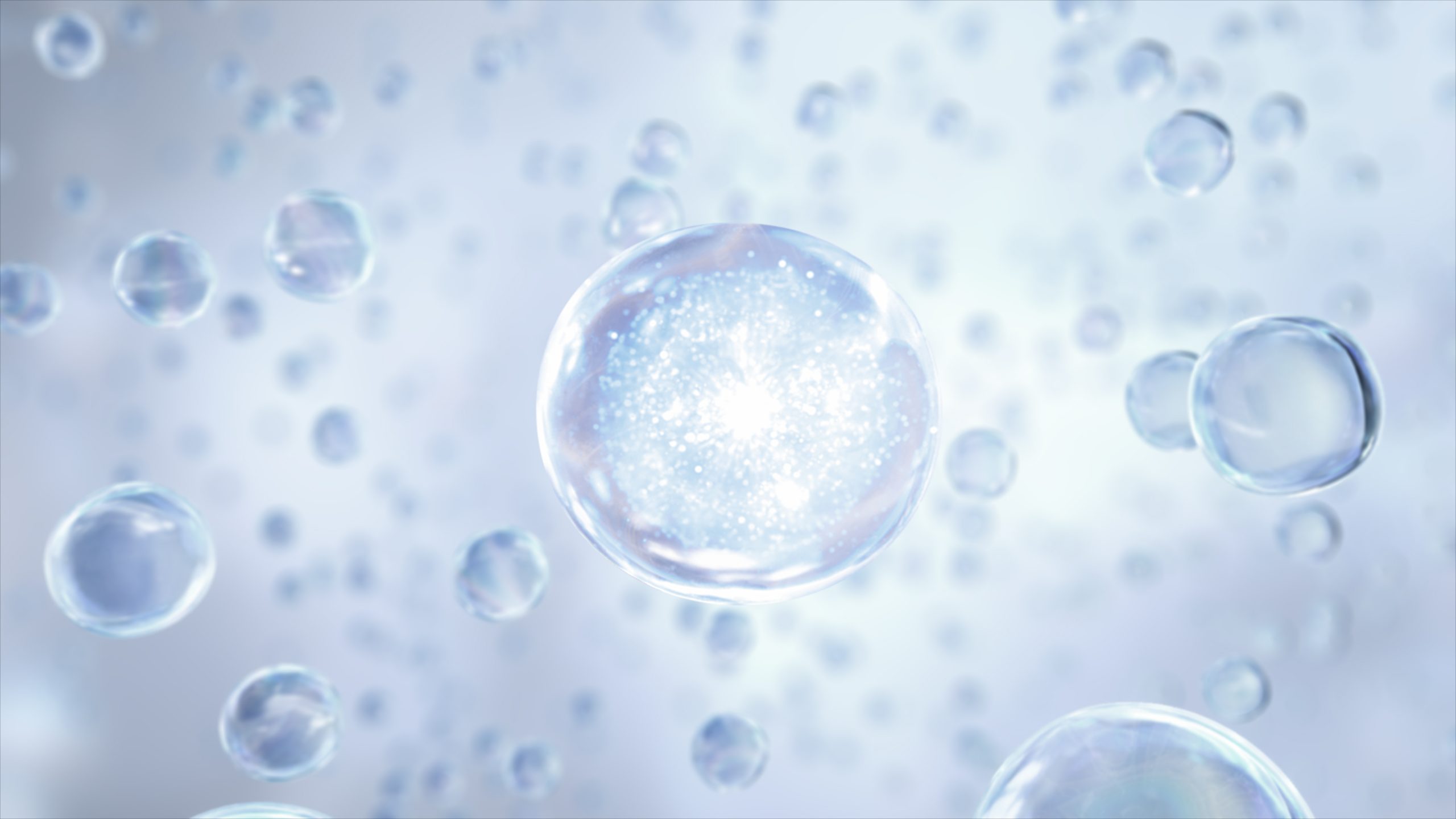
Learn more about becoming an Egg Recipient
Complete the form and our team will get in touch to arrange a conversation with one of our specialists.
Our consultants are experts at understanding your previous medical and fertility history, as well as your future goals.
What is the process for donor egg recipients?
Your treatment process with our egg donor bank will depend on whether you are using the CRGH egg donation programme pathway, or the Ovumia pathway. Standard treatment typically involves:
Consultations and investigations with CRGH
The first stage of the process as a recipient of donor eggs is to register with CRGH. We can explore your fertility treatment options and run any appropriate investigations to ensure we give you the best chance of a successful treatment.
Completion of a characteristics form
This allows us (or our counterparts at Ovumia) to select the most suitable donor for your treatment. You will also have access to non-identifying information about your egg donor – more on that below.
Matching with an egg donor
If you are following the CRGH egg donation pathway, then we will be able to place you on our waiting list once you have completed the characteristics form, and match you with a suitable egg donor. If you are following the Ovumia pathway, then the characteristics form will be used to determine your eligibility for the programme, and you must provide a frozen sperm sample to Ovumia ready for fertilisation. You will then be placed on the Ovumia waiting list and matched with a suitable egg donor.
Sperm used to fertilise donor eggs
The egg donor will not undergo the egg collection procedure until a suitable match has been made. This allows our specialists to fertilise the eggs with sperm immediately upon collection, with no need to freeze the eggs first.
Embryos frozen to await the transfer procedure
The fertilised embryos can then be frozen to await transfer (or, for those on the Ovumia pathway, to be shipped to the UK for the transfer procedure).
Our Outstanding Success Rates
We are often asked what are the chances of IVF success with donated eggs. Here, you can see our success rates! Live Birth Rates, Per Embryo Transferred 2021, for IVF using Donor Eggs
Live Birth Rate Per Embryo Transferred in over 44s
2022
57.10%
Live Birth Rate per embryo transferred all ages average
2022
50%
Egg donor waiting lists in the UK
Whether you opt for the CRGH egg donation pathway, the Ovumia pathway, or both, you will be put on a waiting list for donor eggs.
As we have mentioned, in the UK, there is currently greater demand for donor eggs than supply, so current waiting times for donor eggs can vary. At CRGH, we aim to reduce this wait time as much as possible, and thanks to our partnership with Ovumia, we are seeing significantly faster matches across both waiting lists.

Talk to Our Specialists
Our team are ready to tell you more about our egg recipient pathway. Complete the form and we will be in touch to help arrange a conversation with one of our consultants.
Frequently Asked Questions for Egg Donor Recipients
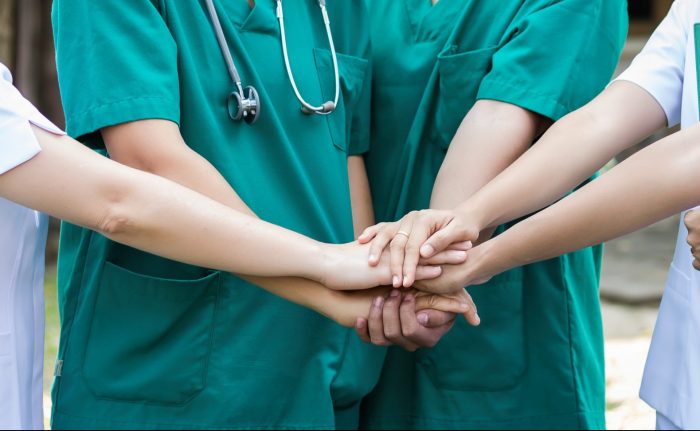
Are there any risks associated with receiving donor eggs?
In the UK, when you work with a licensed fertility clinic, there are very few risks associated with receiving donor eggs, as they are carefully screened to ensure their safety and suitability. You can learn more on the HFEA website. When you undergo fertility treatment using those donor eggs, there are other risks involved, and you should ensure you are aware of these; you can find information about those on our dedicated page for IVF using donor eggs. However, your consultant will discuss any risks with you, and how you can minimise those risks, prior to your treatment beginning.
IVF Using Donor Eggs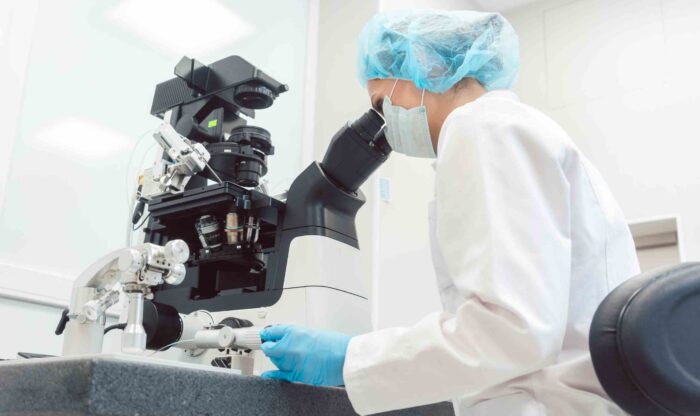
Is there an age limit on receiving donor eggs?
If you are concerned about the age limits on receiving donor eggs, we would recommend booking a consultation with one of our specialists – they assess patients on a case-by-case basis, taking into account their age, medical history and fertility journey, to determine what their treatment options are.
Book a Consultation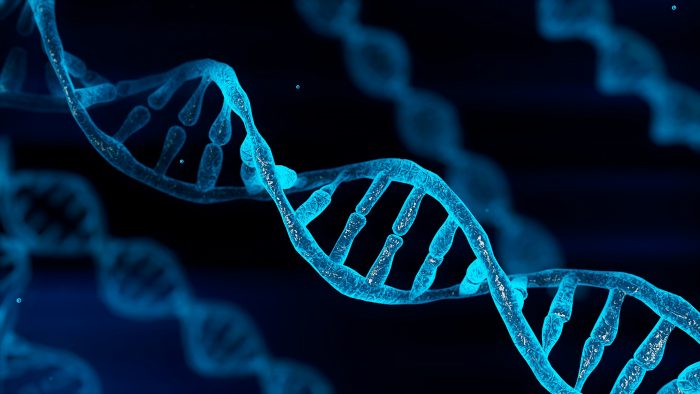
What information will I receive about the egg donor?
Recipients of donor eggs via the CRGH egg donation programme have access to all non-identifying donor characteristics allowed under UK law, including: height, weight, hair, eye and skin colour, year and country of birth, ethnicity, previous fertility history, medical history, and a personal message.
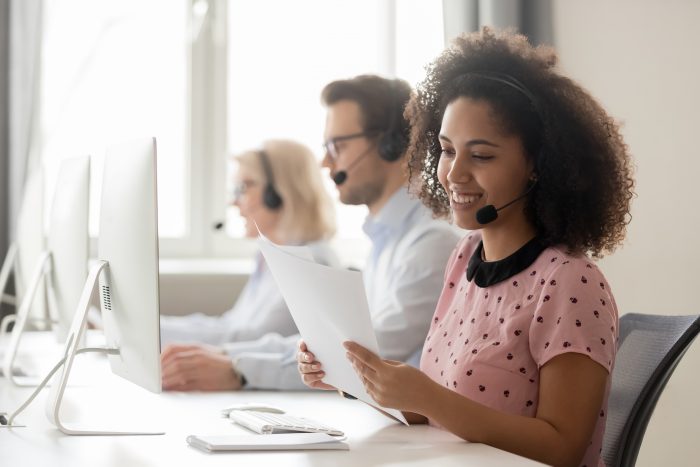
What information will my child be able to access about the egg donor?
If you have a child using donor eggs, at sixteen, they will be able to access all non-identifying donor characteristics (listed above). At eighteen, your child can request identifying information about their donor, including their name, date of birth and last known address. They can also apply to the HFEA to ask if they have any donor siblings, and if they do, they may choose to join the Donor Sibling Link. If any of their donor siblings have also joined the link, they will be able to get in touch.
Donor Sibling Link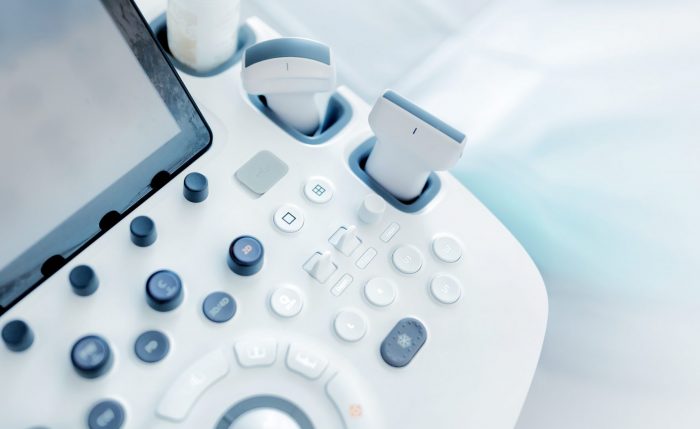
How much does it cost to work with CRGH’s egg donor bank?
At CRGH, we tailor every stage of your treatment to give you the best chance of success. Before your treatment begins, your consultant will give you an itemised breakdown of the cost of your bespoke pathway. If you would like to get an idea of costs.
See our example pricingLooking to donate your eggs?
Fertility clinics across the UK are experiencing a shortage of donor eggs. If you are interested in donating your eggs to help someone else build their family or if you would like more information, please see our dedicated egg donation page.
Learn more about donating your eggs